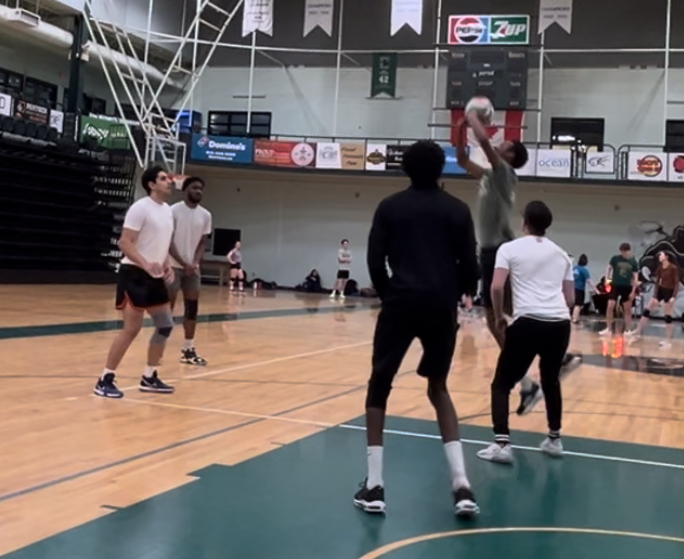Written by: Elizabeth Iwunwa
Photo by:Â Jane Lytvynenko
In 2015, the UPEISU reached a settlement with the Canadian Federation of Students (CFS), on undisclosed terms. You may be wondering what the CFS is, what services it provides, and why you should care. These are fundamental questions that will be answered. The CFS conducts its business as a not-for-profit organization, incorporated under the laws of Canada, with its office based in Ottawa. It acts as the national and provincial representative of over 500,000 post-secondary students in the country. The organization was founded for the purpose of providing students with a strong and united voice, and was incorporated in 1982 to provide discounted products and services to post-sec students. Although the UPEISU was a founding member of the organization, it would later be embroiled in controversy, lawsuits, and countersuits with the CFS.
On February 8, 1984, UPEISU held a referendum ( a general poll by voters on one political question that has been referred to them for a direct decision) regarding it joining the CFS. The results showed that 56.6% voted in favor of the UPEISU becoming a member of the CFS. The twist here is that the 1984 affiliation referendum was not endorsed by ⅔ of UPEISU council members and therefore went against the UPEISU’s own by-laws. This rendered the decision null and void. Still, the UPEISU had representation at CFS meetings and remitted fees to the organization.
Once again, the UPEISU held a referendum. This time, it was in accordance with its by-laws  and those of the CFS. It was also a referendum to leave the federation. Between the 23rd and 26th of January 1996, 74% of the 14.5% of students who voted, decided to severe ties with the CFS. This led to the legal termination, if any, of the relationship between the CFS and UPEISU.
The CFS disregarded the referendum outcome and threatened legal action against the SU in February 1996. The SU was strong-armed into collecting and remitting fees from 1996 to 2003. These fees were charged through tuition fees, collected by UPEI, turned over to the UPEISU, and then the CFS.
Both organizations came into an agreement in which CFS would pay 45% of the fees collected to the UPEISU, to allow the SU provide services to students of UPEI as CFS had  failed in that regard. Due to a key breach in the contractual agreement, the UPEISU once again stopped remitting fees in 2004.
Based on technicalities, the UPEISU kissed the CFS goodbye in 1996. This, unfortunately, did not circumvent a long, messy, and expensive battle initiated by the Canadian Federation of Students. The legal fees accrued have cost hard-earned student dollars. Who knows what more the UPEISU would have achieved if it had not been forced to spend part of its funds on legal battles. One has to wonder then, what kind of “student†organization the CFS really is. Based on investigations the Cadre has conducted, it is apparent that the UPEISU is one of the many unions the CFS had sued. It runs around like a headless chicken, trying to lock member unions into the organization when it very well could be addressing the concerns that warrant the desire for an exodus. It is ridiculous for a student-funded organization claiming to have students best interests at heart, to spend said funds fighting student representatives of Canadian universities. The CFS claimed the UPEISU owed fees of close to $100,000 but it has accused Acadia SU, Thompson Rivers University SU, and several other university student unions of many similar offenses.
Although there are merits to this organization, they have quickly become overshadowed by its history of unnecessary litigation. A tree produces fruits after its kind, and the CFS so far has produced some pungent ones.











